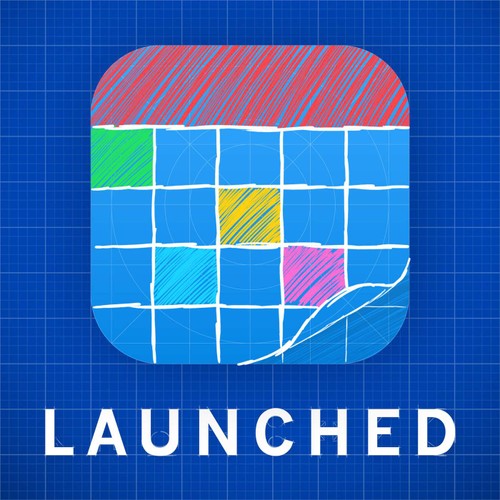Chapters
Transcript
Episode notes
1 2 3 4 5 6 7 8 9 10 11 12 13 14 15 16 17 18 19 20 21 22 23 24 25 26 27 28 29 30 31 32
Introduction
00:00 • 2min
Do You Have a Formal Background?
02:28 • 3min
The Mock and That Hole
05:06 • 2min
Video Games - A Different Industry Than Computers?
07:02 • 3min
Was It Programming or Designing?
09:56 • 3min
How Did You Transition From Video Games to Video Gaming?
12:36 • 2min
What Do You Know About Flexibits?
14:42 • 4min
Are Games and Utilities Companies a Good Idea?
18:27 • 2min
How Did You Get Your First Product?
20:44 • 2min
How Did You Get Into the Apple Ecosystem?
23:02 • 2min
Is the Spals Efr Going to Cut Out All Your Caulfires of Thear?
25:07 • 3min
Eye Pad Aps - I Don't Use Instigram Accounts
27:53 • 2min
The Eye Pad, Is It Really Stretching the Fill to the Screen?
29:46 • 3min
Do You Want to Work at a Company?
32:17 • 5min
What's the Difference Between a Macap and a Mac?
37:21 • 4min
Did You Work With Designers in These Early Versions?
41:50 • 2min
How Did You Become a Subscription Business?
43:44 • 4min
Are You Adding People to Your Desk Top?
47:31 • 2min
Chatology, a Log Viewer for Messages
49:25 • 2min
The Bucking Bronco's Been a Longr An?
51:19 • 3min
Is There a Better Solution for Contacts?
54:32 • 4min
The Big Business Model Switch
58:39 • 3min
O Mac, You Can Do It, No Problem, Just a Desk Top Ad?
01:01:55 • 3min
The Best Launch of My Career
01:04:51 • 2min
Did You Make Choices Regarding That Launch?
01:06:44 • 3min
You're Beholden to Your Existing Customers?
01:09:26 • 3min
Are You Going to Keep It? Yes, You're Going to Keep It!
01:12:11 • 3min
I'd Like to Give a Quick Version of the Pitch
01:14:57 • 2min
Using Colendle to Schedule Interviews
01:16:30 • 2min
What Is Fantastica? Is It Really a Calendar Aps?
01:18:59 • 2min
We Don't Just Add Something for the Sake of Doing It
01:20:38 • 3min
Flexy Bits - What's It All About?
01:23:16 • 2min


